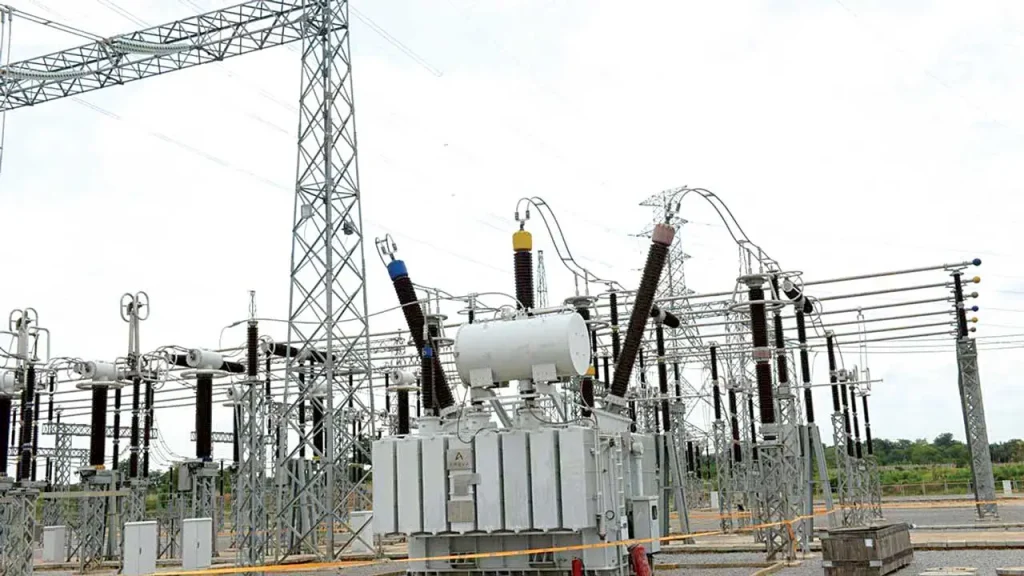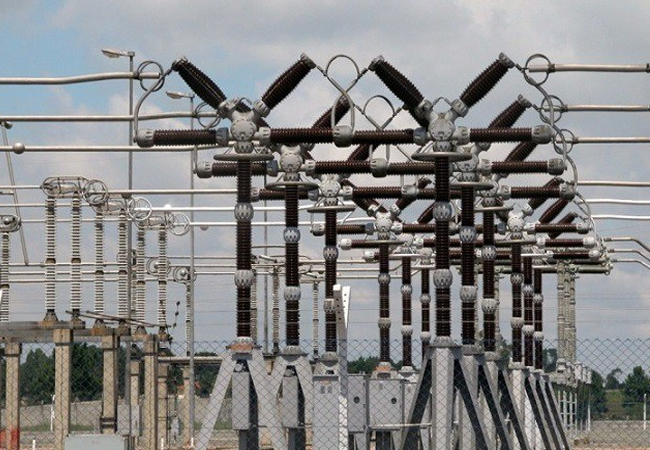The Federal Government of Nigeria has announced plans to unbundle the Transmission Company of Nigeria (TCN), separating transmission services from system and market operations, in the first quarter of this year.
The Minister of Power, Chief Adebayo Adelabu, stated that the long-term goal is to divide Nigeria’s power transmission grid into regional grids for effective management.

In addition to the unbundling, the government is reviewing the implementation process for a cost-reflective electricity tariff. Adelabu clarified that while the tariff review is ongoing, the government will continue to subsidise power supplies for vulnerable citizens.
The minister outlined other strategic actions, emphasising the enhancement of distribution and transmission infrastructure to minimise technical and commercial losses. The government aims to close the metre gap, with ongoing initiatives such as World Bank programmes and the Presidential Metering Initiatives gaining momentum. The Ministry also plans to intervene in the distribution of infrastructure, supplying transformers to communities without burdening citizens financially.
In his words, “Closing the metre gap is imperative, and ongoing initiatives, including World Bank programmes and the Presidential Metering Initiatives, will gain momentum. The ministry will intervene in distribution of infrastructure, supplying transformers to communities without burdening citizens financially.”
Rural electrification programmes, including solar-powered mini/micro grids and street lights, will remain a priority. The Ministry will collaborate closely with Distribution Companies (Discos) and state electricity boards to ensure effective implementation.
To improve transmission infrastructure, the Ministry has reactivated the Presidential Power Initiative (Siemens Project) to strengthen the national grid and minimise technical losses.
Despite recent reports of an impending electricity tariff hike, power distribution companies have denied such claims, stating that the Nigerian Electricity Regulatory Commission has not issued any directive to that effect. Power tariffs in Nigeria are typically reviewed every six months to reflect economic realities.


